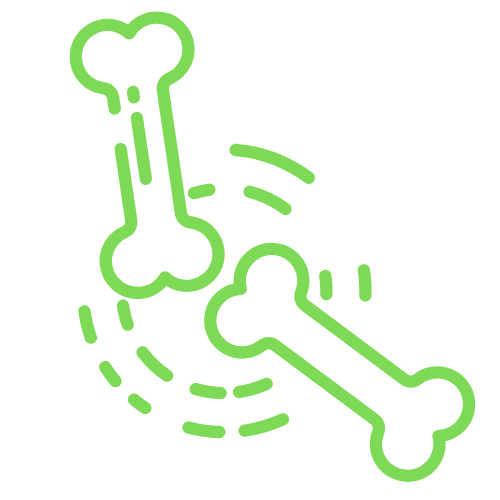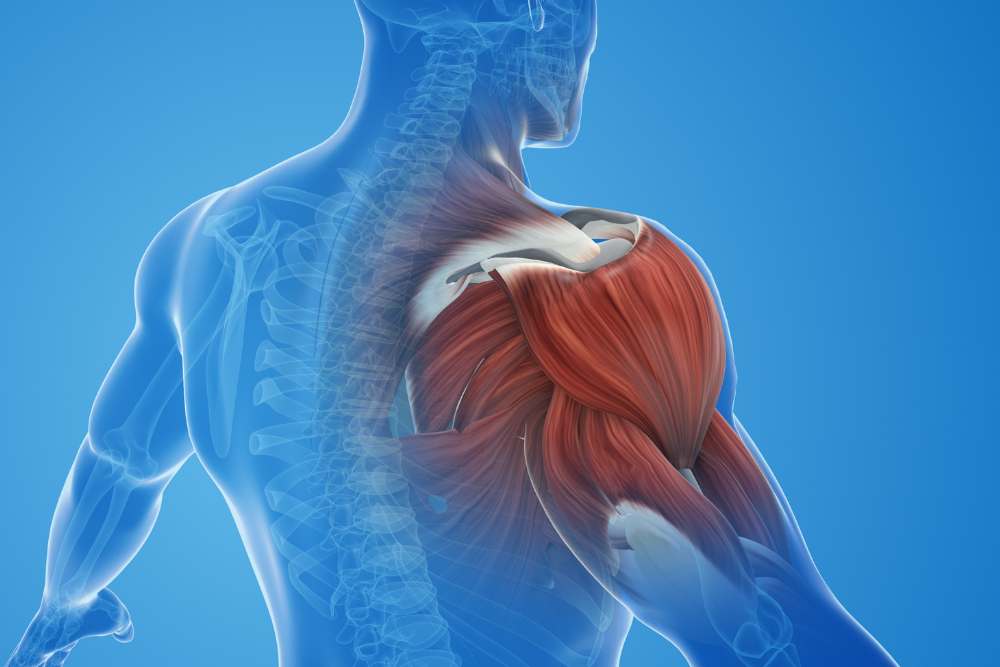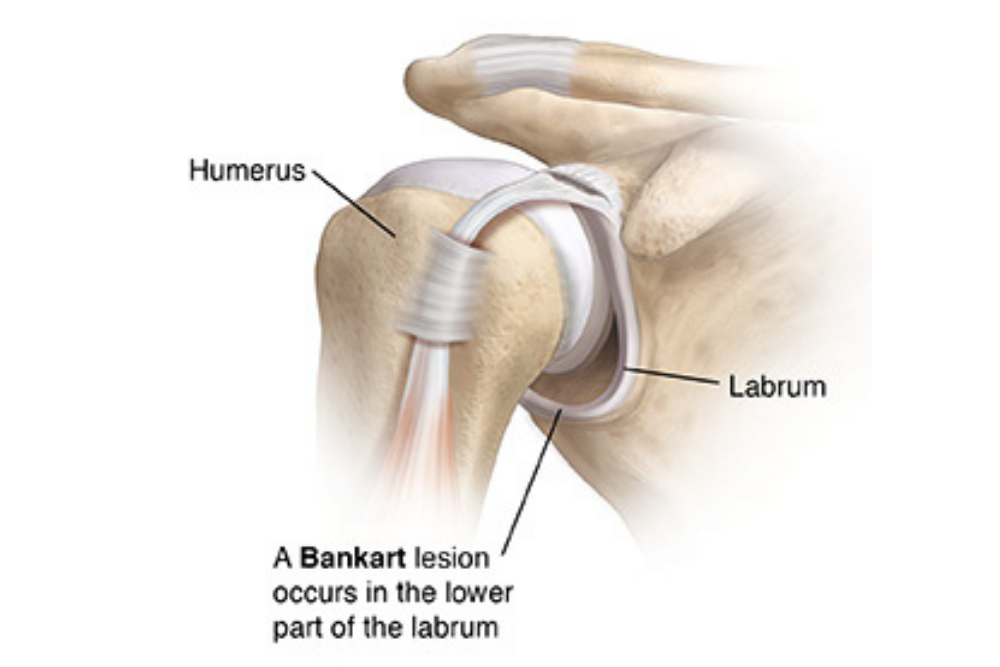Shoulder arthroscopy is a minimally invasive surgical procedure that allows orthopedic surgeons to diagnose and treat various shoulder conditions using a small camera (arthroscope) and specialized instruments.
Our Treatments
- Home
- Treatments

Shoulder Arthroscopy
Shoulder arthroscopy is a minimally invasive surgical procedure that allows orthopedic surgeons to diagnose and treat various shoulder conditions using a small camera (arthroscope) and specialized instruments. This technique is often recommended for individuals suffering from rotator cuff tears, shoulder impingement, labral tears, or other shoulder joint issues that cause pain, stiffness, or limited mobility.
Benefits of Arthroscopic Shoulder Surgery
- Smaller incisions and less tissue trauma compared to open surgery
- Faster recovery time and reduced post-operative pain
- Improved visualization of the joint structures
- Potential for outpatient or same-day surgery
Common Conditions Treated with Shoulder Arthroscopy
- Rotator cuff tears (partial or complete)
- Shoulder impingement syndrome
- Labral tears (SLAP, Bankart, or other types)
- Frozen shoulder (adhesive capsulitis)
- Removal of loose bodies or bone spurs
- Repair of biceps tendon injuries


Initial Evaluation
At Rejoice Orthocare Clinic in Nashik, Dr. Ramakant Bhivsan starts with a comprehensive evaluation to assess the patient's shoulder condition, medical history, and overall health. This initial assessment helps determine the most appropriate treatment plan, which may include non-surgical options or a recommendation for shoulder arthroscopy.
Surgical Planning
If shoulder arthroscopy is recommended, Dr. Bhivsan and his team will carefully plan the surgical procedure. This includes determining the specific approach, selecting the appropriate instruments, and ensuring the patient is properly prepared for the operation.
Shoulder Arthroscopy Surgery
During the shoulder arthroscopy surgery, Dr. Bhivsan will make small incisions and insert a tiny camera (arthroscope) and specialized instruments to diagnose and treat the shoulder condition. This minimally invasive procedure aims to relieve pain, restore mobility, and improve the patient's overall quality of life.
Post-operative Care
After the surgery, the patient will receive comprehensive post-operative care, including pain management, physical therapy, and follow-up appointments with Dr. Bhivsan. This phase is crucial for a successful recovery and regaining optimal shoulder function.
Rehabilitation and Recovery
Rejoice Orthocare Clinic provides a structured rehabilitation program to help patients regain strength, flexibility, and mobility after their shoulder arthroscopy surgery. Dr. Bhivsan and his team closely monitor the patient's progress and provide guidance throughout the recovery process.
Follow-up and Ongoing Care
Regular follow-up appointments with Dr. Bhivsan are essential to ensure the long-term success of the shoulder arthroscopy treatment. The clinic provides ongoing care and support to address any concerns or issues that may arise during the recovery and post-operative period.
Rotator Cuff
According to Dr. Ramakant Bhivsan of Rejoice Orthocare Clinic, Nashik, the rotator cuff is a group of four muscles and tendons that stabilize the shoulder joint and allow for a wide range of motion. Injuries or degenerative conditions affecting the rotator cuff can cause significant pain, weakness, and limited mobility in the shoulder.
Dr. Bhivsan explains that treatment options for rotator cuff injuries or conditions may include:
- Rest and activity modification
- Physical therapy and exercises
- Anti-inflammatory medications
- Corticosteroid injections
- Arthroscopic or open surgical repair (for severe tears or when conservative treatment fails)
Surgical repair of the rotator cuff may involve reattaching the torn tendon(s) to the bone using sutures, anchors, or other fixation devices. This procedure can be performed arthroscopically (minimally invasive) or through an open surgical approach, depending on the severity and location of the tear.
After rotator cuff surgery, patients typically undergo a structured rehabilitation program to regain strength, flexibility, and range of motion in the shoulder joint. With proper treatment and rehabilitation, many patients can experience significant relief from pain and improved shoulder function, as per Dr. Bhivsan's expertise.

Bankart Lesion
According to Dr. Ramakant Bhivsan of Rejoice Orthocare Clinic, Nashik, a Bankart lesion is a specific type of labral tear in the shoulder joint. The labrum is a ring of cartilage that lines the socket of the shoulder joint (glenoid cavity), and it helps to stabilize the joint.
Dr. Bhivsan explains that a Bankart lesion occurs when the labrum is torn from the glenoid cavity, typically due to a shoulder dislocation or subluxation (partial dislocation). This injury can cause instability in the shoulder joint, leading to recurrent dislocations or a feeling of the shoulder "slipping out" during certain movements.
Treatment options for a Bankart lesion may include:
- Immobilization and rest
- Physical therapy and strengthening exercises
- Arthroscopic or open surgical repair (for unstable shoulders or when conservative treatment fails)
Surgical repair of a Bankart lesion involves reattaching the torn labrum to the glenoid cavity using sutures or anchors. This procedure can be performed arthroscopically (minimally invasive) or through an open surgical approach, depending on the severity of the injury and the surgeon's preference.
After surgery, patients undergo a structured rehabilitation program to regain strength, stability, and range of motion in the shoulder joint. With proper treatment and rehabilitation, many patients can achieve a stable shoulder and return to their normal activities, as per Dr. Bhivsan's expertise.

Any Questions
Shoulder arthroscopy can be used to treat conditions such as rotator cuff tears, shoulder impingement, labral tears, and other shoulder joint issues that cause pain, stiffness, or limited mobility.
Shoulder arthroscopy offers several benefits, including smaller incisions, less tissue damage, faster recovery times, and improved visualization of the shoulder joint compared to traditional open surgery.
The recovery process for shoulder arthroscopy is typically shorter than traditional open shoulder surgery. At Rejoice Orthocare Clinic, we provide a comprehensive rehabilitation program to help patients regain strength, flexibility, and mobility after the procedure.
Shoulder arthroscopy may not be suitable for all patients, depending on the specific condition and severity of the injury or condition. Dr. Bhivsan will evaluate each patient's case and recommend the most appropriate treatment option.
Absolutely! You can schedule a consultation with our experienced orthopedic surgeons at Rejoice Orthocare Clinic in Nashik by calling our office or filling out the online appointment form to discuss if shoulder arthroscopy is the right option for you.
Sunday: 10AM - 8PM
contact@rejoice.com
